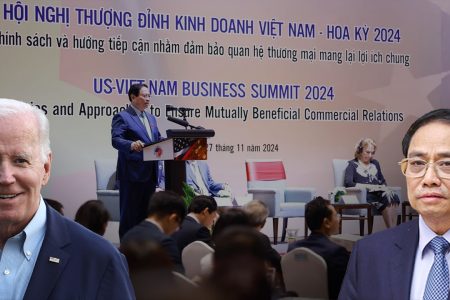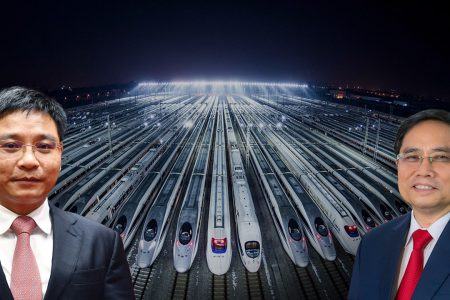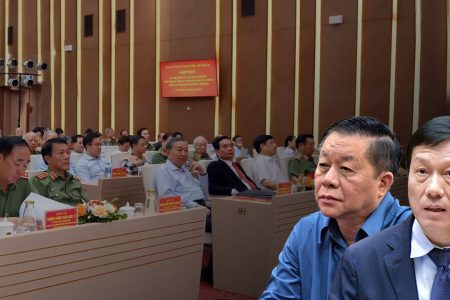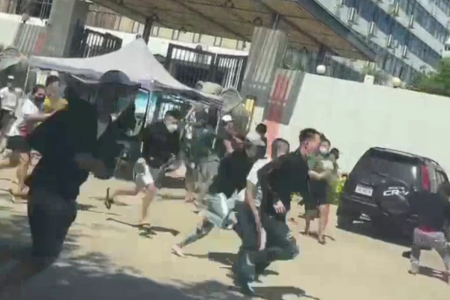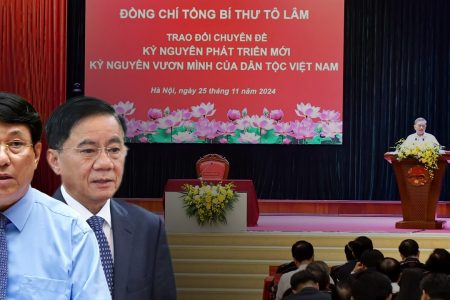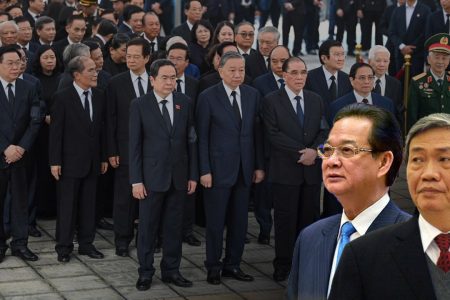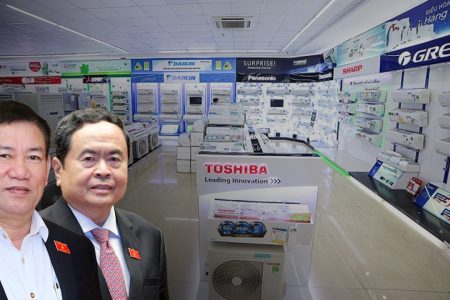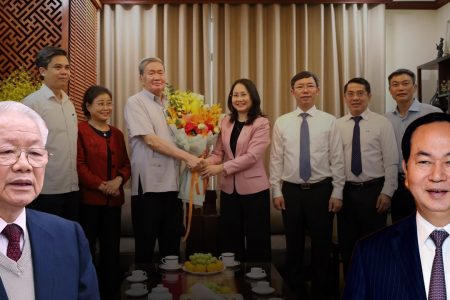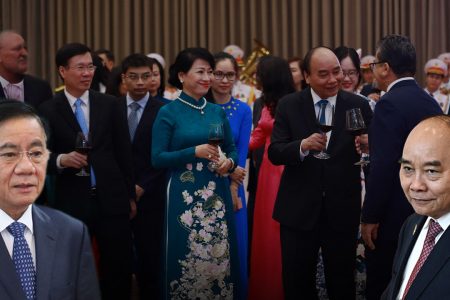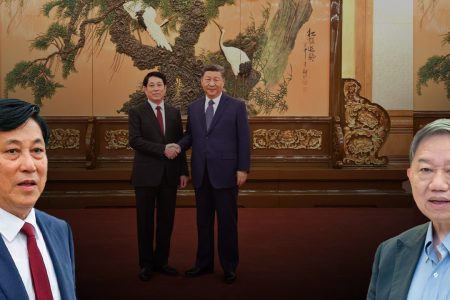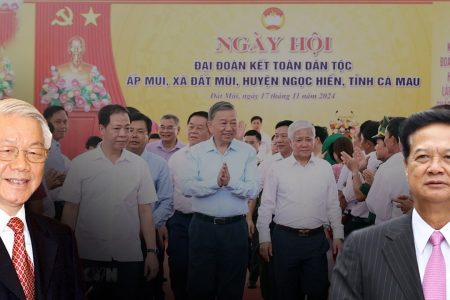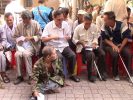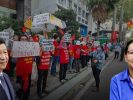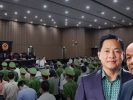Attorney Vu Duc Khanh
One morning in the center of Saigon, among the bustling crowd, an old man in a camouflage uniform, leaning on crutches, raising his leg that was amputated to the knee, appeared before a couple. He introduced himself as a “disabled veteran of the Army of the Republic of Vietnam,” his voice trembling, his eyes ashen. The husband replied involuntarily: “I am a Viet Cong!” The statement left the old man stunned and confused.
The wife quietly gave him some money. A brief scene, but it was enough to evoke so much pain, memories, and conflict of a nation divided for nearly half a century.
After the incident, the husband thoughtfully said to his wife: “Our people, why do they always have to be the Republic or the Viet Cong?” But is this question really easy to answer?
The fate of the Vietnamese people: Memories of war and lasting division
In the above story, two people – a former soldier of the Republic of Vietnam and a former member of the Republic of Vietnam – represent two opposing pieces of Vietnamese history. Although the war has been over for nearly 50 years, its memories still exist, not only in each person but also in the way today’s society treats those pieces.
- The soldier of the Republic of Vietnam: For him, war not only took away a part of his body but also deprived him of his ideals and future. People like him, although heroes on the battlefield, became outcasts in peacetime. Some had to leave their homeland; those who stayed behind, like him, suffered a precarious existence and live depending on the pity of others.
- The person of the Republic of Vietnam: In this case, the couple represents the intellectual class that served in the communist system. Although they now have a more prosperous life, they also carry a burden: the memory of the mistakes and pain caused by the war and their ideology.
Both, on both sides, have a common denominator: suffering and aspiration. They are victims of a time when ideology was placed above humanity, when blood and tears were shed for goals that history may never properly evaluate.

National Reconciliation: Responsibility or Delay?
After nearly 50 years, national reconciliation remains a distant goal. Vietnamese society today remains divided, not only in ideology but also in its view of history. Terms such as “puppet,” “traitor,” or “puppet flag” are still taught in textbooks, deepening the differences between the two sides.
Meanwhile, overseas Vietnamese, although settled in civilized democratic countries, still raise the yellow flag as a symbol not only of the past but also of the ideal of freedom. In those countries, the government accepts this flag as a part of history, not seeing it as a threat, but as a mark of a community.
Why can those countries do it, but Vietnam – which is a nation – cannot do the same?
A philosophical story: A nation questioning itself
In the context of Vietnam about to face the 50-year milestone of the April 30, 1975 incident, the story of reconciliation is not only a political or social issue, but also a philosophical question about the path that this nation wants to take in the 21st century.
Today’s Vietnamese need to ask themselves:
- Who are we in our own history?
If we look at history as a continuous flow, not a story of victory and defeat, can we consider both the Republic of Vietnam and the Socialist Republic of Vietnam as two indispensable parts of modern Vietnamese history?
- What do we want for the future?
A divided nation, forever haunted by the past, cannot prosper in a globalized world. If Vietnam wants to rise up, is it time to put aside ideological divisions to build a common future?
German philosopher Friedrich Nietzsche once said: “Those who live with memories only for revenge will be bound by the past.” But this does not mean denying memories but learning to overcome them through understanding and reconciliation.
From April 30, 1975 to today: Reconciliation for construction
The event of April 30, 1975 was not only the day the war ended, but also opened a series of wounds that have not yet healed. The biggest lesson of the past 50 years is perhaps not who is right or wrong, but the realization that war has no real winners.
National reconciliation is not about forgetting the past but accepting it as a part of ourselves. It is the responsibility not only of the state but also of every Vietnamese citizen.
Let’s start with small things: changing the way we talk about each other, see each other, and treat each other. Only then will the husband’s question in the above story – “why is it still the Republic and the Viet Cong?” – find an answer.
Vision for the 21st century: A united Vietnam in diversity
If Vietnam wants to rise to become a democratic, free and prosperous nation, national reconciliation is a prerequisite. A unified Vietnam is not a place where everyone thinks the same, but where differences are respected and reconciled.
Let the next 50 years be a time of rebirth – where the sufferings of the past are transformed into the driving force to build a future that every Vietnamese, no matter where they are or what side they belonged to in the past, can proudly call “homeland.”



